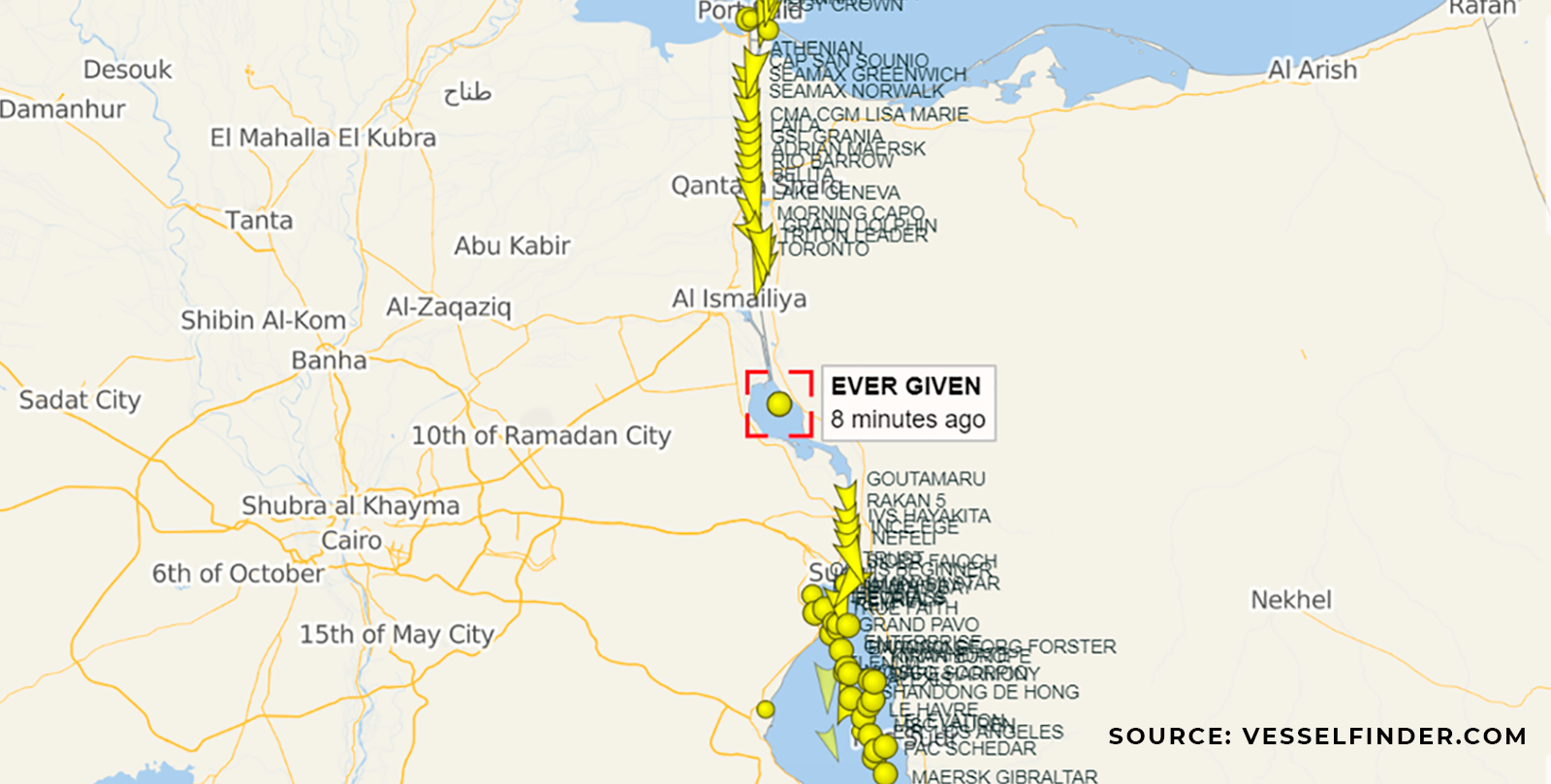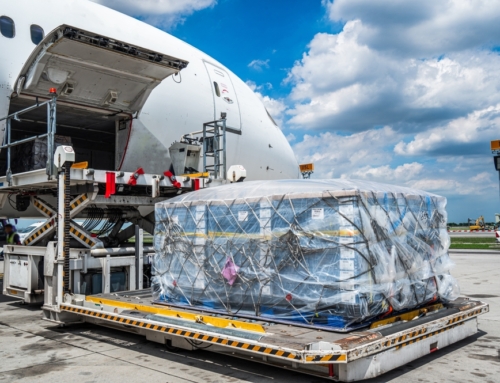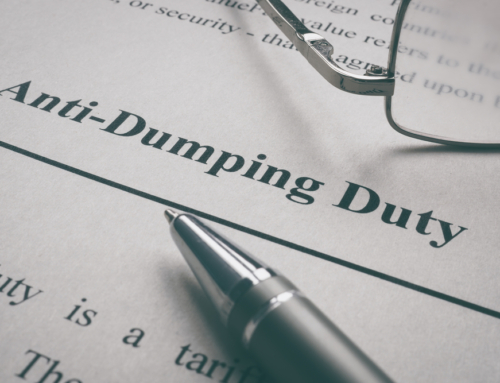Nearly a week after the Ever Given containership became grounded, the Suez Canal finally reopened on Monday, the 29th. It is expected, however, to take about 4 to 7 days for the waterway to become fully operational due to the roughly 450 cargo ships which accumulated during the traffic jam. Freeing up the canal is positive news, however, some major issues caused by this incident are still to come, as delayed vessels rush to their destinations causing bottlenecks, and empty container availability worsens in Asia.
Port Congestion
Now that the canal has reopened, cargo vessels passing through the waterway will likely arrive at their destinations too close together due to being off schedule. This can cause vessel bunching and congestion at major ports such as Rotterdam and Antwerp. Although most of the cargo flowing through the Suez Canal moves from Asia to Europe, a remarkable volume of Southeast Asian and Indian goods come to the U.S. East Coast via this route as well. Major U.S. ports such as New York will therefore also be hit with congestion as imports begin to arrive.
To return to schedule and get back to Asia quickly, carriers en route to Europe may decide to unload cargo at one major port and use feeder vessels to move containers to their intended destinations. This method will not work in the United States, however, as there are no intra-U.S. ocean feeder services available.
Container Imbalances
Empty container availability has been an ongoing issue in Asia as demand from both the U.S. and Europe remains high. Cargo ships blocked by the Ever Given are unable to return empties to Asia on schedule and filled containers will be further delayed as ports in Europe and the U.S. work through bottlenecks. This not only affects trans-Atlantic trade but will also impact trans-Pacific equipment availability as well.
Vessel Schedule Reliability
Delayed cargo ships are expected to omit or cancel sailings in the coming days and weeks to bring their schedules back in order. These structural blank sailings will negatively impact capacity, in this case, possibly as much as 20%-30% over the next several weeks.
Schedule reliability has been at a record low recently, in fact, global container line schedules were just 35% reliable earlier this year. The Suez Canal problem may result in some carriers deciding to reset their schedules altogether, especially if they had been perpetually late prior to this incident.
As Green continues to monitor the situation, stay up-to-date on freight and trade news by following us on Facebook, Twitter, and LinkedIn. For continuous updates, make sure to check out our website at greenworldwide.com.






